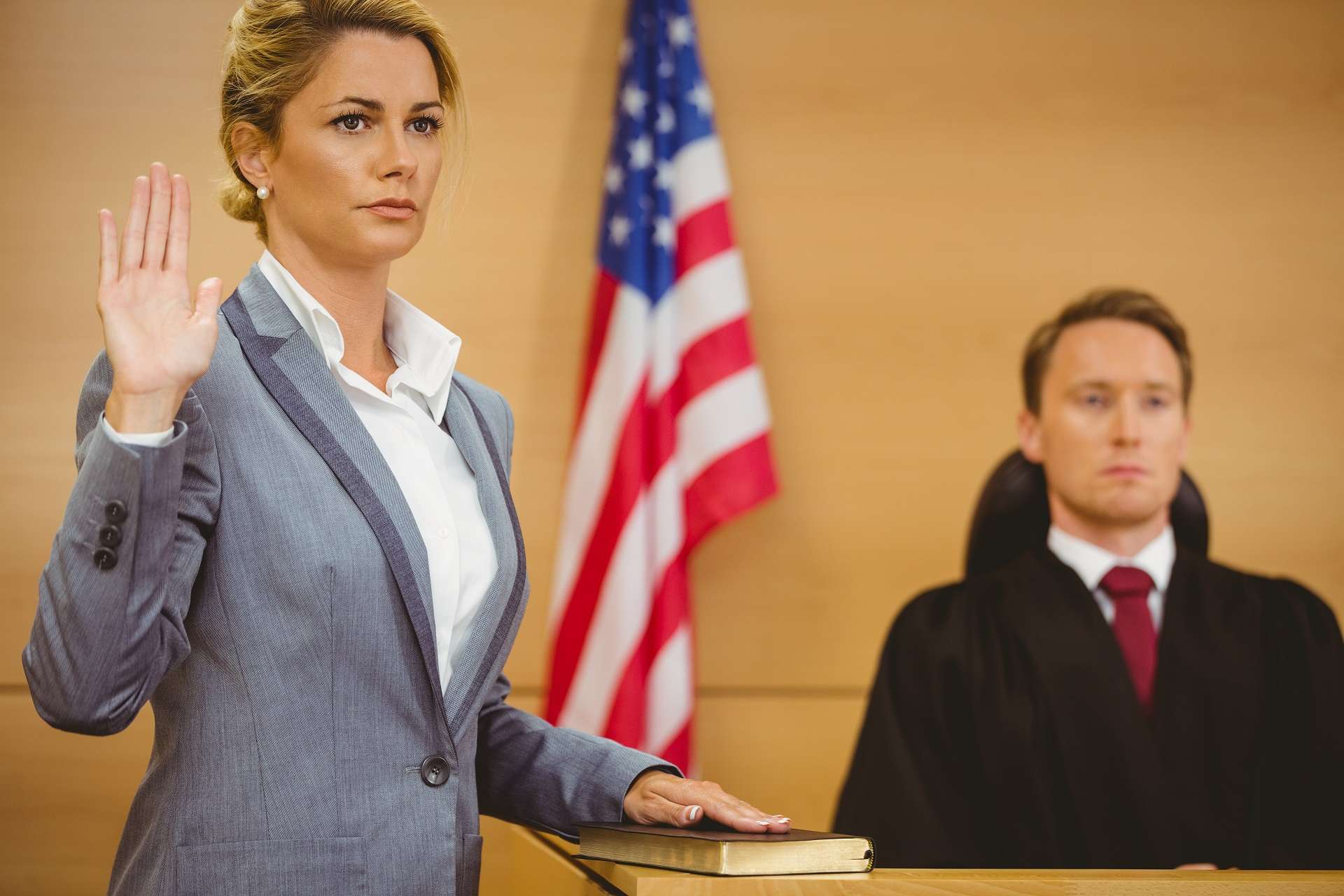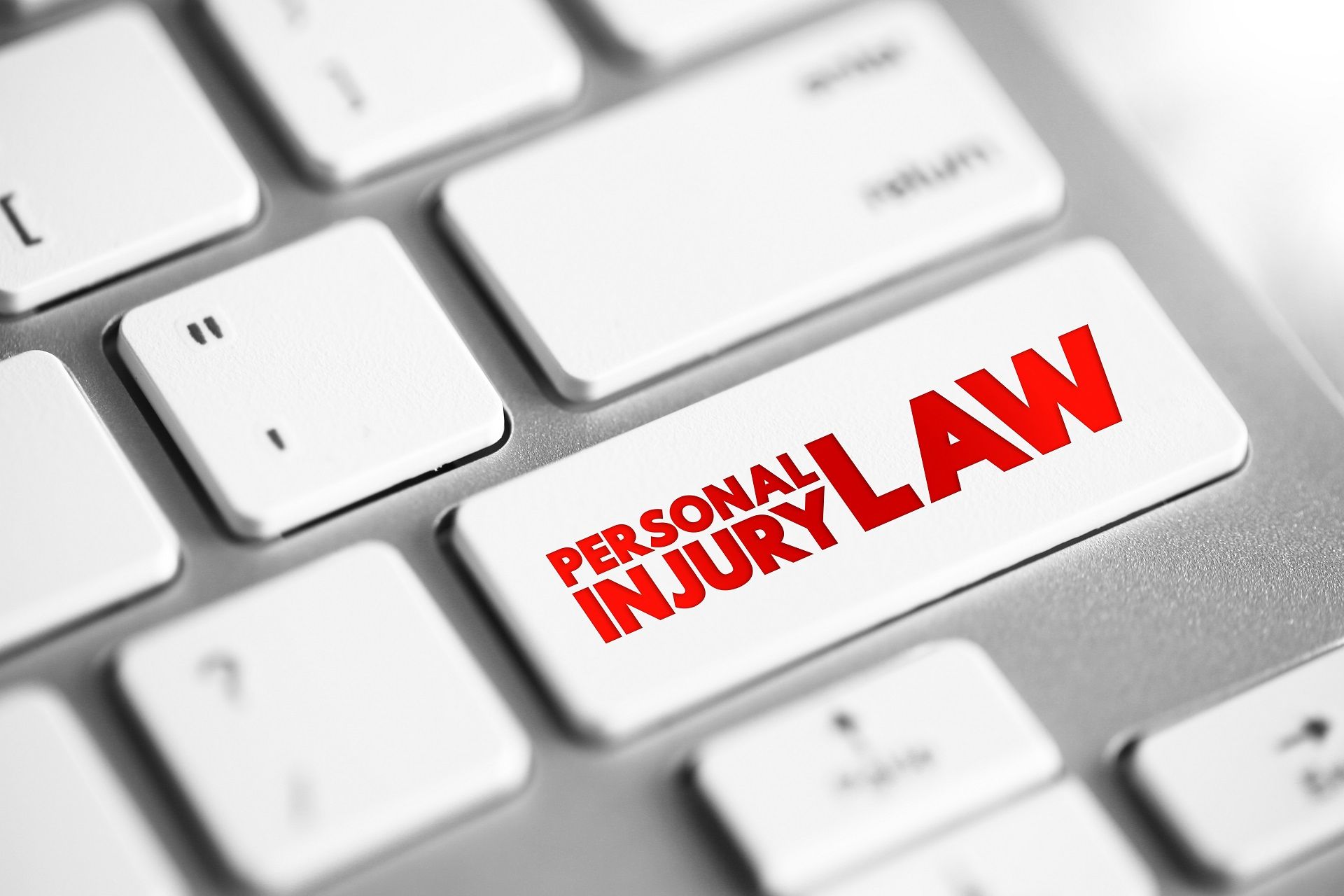The Power of a Vocational Expert’s Testimony: A Case Study

We have all seen courtroom dramas. We have seen when a witness is subjected to a withering cross-examination, and the witness crumbles. Maybe the witness starts to cry, or maybe he confesses to the crime. All the while, jurors look on, knowing that the witness has been found out, is not credible, and thus cannot be believed.
That kind of drama does sometimes play out in courtrooms and hearing rooms in real life. And in this article, we are going to take a look at a recent the United States Supreme Court case – Biestek v. Berryhill (2018) – in which the credibility of a vocational expert who testified in a Social Security disability hearing was put to the test.
If, after reading this article, you have additional questions about using a vocational expert for your Social Security disability case , we invite you to contact us at Occupational Assessment Services, Inc. – OAS. We have served as vocational experts in Social Security disability and as well as many types of cases.
We are one of the most experienced employability and life care planning firms in the United States. To discuss your case, call us at 1-800-292-1919 , contact us at a location near you, or through our online form.
The Facts of Biestek v. Berryhill
Michael Biestek was a carpenter and general laborer on construction sites. Unfortunately, he had to stop working after developing a degenerative disc disease, Hepatitis C, and depression. So, in 2009, he applied for Social Security disability benefits.
Ultimately, the case was assigned to an Administrative Law Judge (ALJ) for a disability hearing. Unlike a courtroom trial, a hearing before an ALJ is more informal and less adversarial. But, that being said, the ALJ has the authority to accept or reject certain pieces of evidence and judge the credibility of witnesses in the case.
In Biestek’s case, the ALJ had to decide whether Biestek could transition to less physically demanding work. Thus, the ALJ obtained the services of a vocational expert for Social Security disability matters.
Why did the ALJ ask for a vocational expert? Because the ALJ needed to explore two issues: (1) what jobs Biestek could perform given his current disabilities, and (2) whether those kinds of jobs were available in the marketplace. The ALJ ultimately obtained an experienced vocational expert who had testified as an expert in Social Security proceedings for five years and had more than ten years of experience counseling disabled people on employment opportunities.
The Vocational Expert’s Testimony
During the hearing, the vocational expert testified that there were more sedentary jobs that Biestek could perform and that there were about 240,000 bench assembler jobs and 120,000 sorter jobs that existed in the national economy.
On cross-examination, Biestek’s attorney asked: “where are you getting those numbers from?” The expert testified that they were from her own individual labor market surveys.” Biestek’s attorney asked for those surveys, but the expert refused because they were part of her confidential client files. The ALJ interjected that he would not require the expert to produce those surveys.
At the end of the hearing, the ALJ denied Biestek benefits, partly based on the expert’s testimony that there were jobs that Biestek could do, and those jobs existed in the marketplace.
Biestek appealed, arguing that the expert’s refusal to produce her supporting data means that her testimony could not possibly constitute “substantial evidence” allowing for a denial of benefits.
The Supreme Court Decides
Biestek’s appeals brought him all the way to the Supreme Court. The issue before the court was whether an expert’s testimony could be considered “substantial evidence” even if the expert refuses to provide data underlying her testimony.
The Supreme Court, in a 6-to-3 decision, found that an expert’s testimony alone, even without the underlying data, could constitute “substantial evidence.” The Supreme Court reasoned that there are some occasions when a refusal to provide underlying data would hurt an expert’s credibility as a witness, and there are other occasions when it would not. Indeed, such witness-credibility issues must be reviewed on a case-by-case basis.
The Court found that Biestek’s request for a categorical rule that lack of underlying data must always result in a finding of no credibility could not be supported. Thus, the power of the vocational expert’s testimony alone could be enough to be considered “substantial evidence.”
Thus, Biestek was unable to obtain disability benefits.
As you can see, a lot is at stake with a vocational expert in a Social Security disability case. Make sure that you get an experienced vocational expert for your Social Security disability case.
Let OAS Be Your Vocational Expert
The experts at Occupational Assessment Services, Inc. (OAS) have over forty years of experience documenting the income potential and employment capacity of those with wrongful termination cases, as well as with the underemployed, unemployed, and disabled spouses in many types of cases.
OAS specializes in working with the plaintiff or defense attorney to assist in objectively documenting the economics in a case. From the initial referral to the trial testimony, OAS works with the retaining attorney so that the vocational assessment of the case can be objectively and efficiently presented.
OAS has served as experts on many multi-million-dollar outcomes including a record-setting $102 million verdict in a NY catastrophic injury case. Through objective consulting, analysis, and vocational testing , we specialize in assisting attorneys in documenting damages.
We strongly believe in the importance of a clear and understandable presentation of the facts. OAS is the leading provider of Vocational Expert and Life Care Planning Services for Plaintiff and Defense attorneys.
The company specializes in assisting attorneys in evaluating earning capacity in divorce cases and documenting the damages in cases where an individual has been severely injured by providing objective findings on how the injuries affect a persons’ ability to work and earn money, as well as the cost of care required in catastrophic injuries.
OAS is your Vocational Expert & Life Care Planner Nationwide, with offices in New York, New Jersey, Connecticut, Pennsylvania, Georgia, Florida, Texas, Nevada, and California.
Occupational Assessment Services, Inc. is one of the most experienced employability and life care planning firms in the United States. To discuss your case, call us at 1-800-292-1919 , contact us at a location near you, or through our online form.
RECENT POSTS
CONTACT US
We will get back to you as soon as possible.
Please try again later.
Evaluation Request
Contact Us
We will get back to you as soon as possible.
Please try again later.
Contact
Contact Us
We will get back to you as soon as possible.
Please try again later.
All Rights Reserved.
This website is managed by Oamii.







